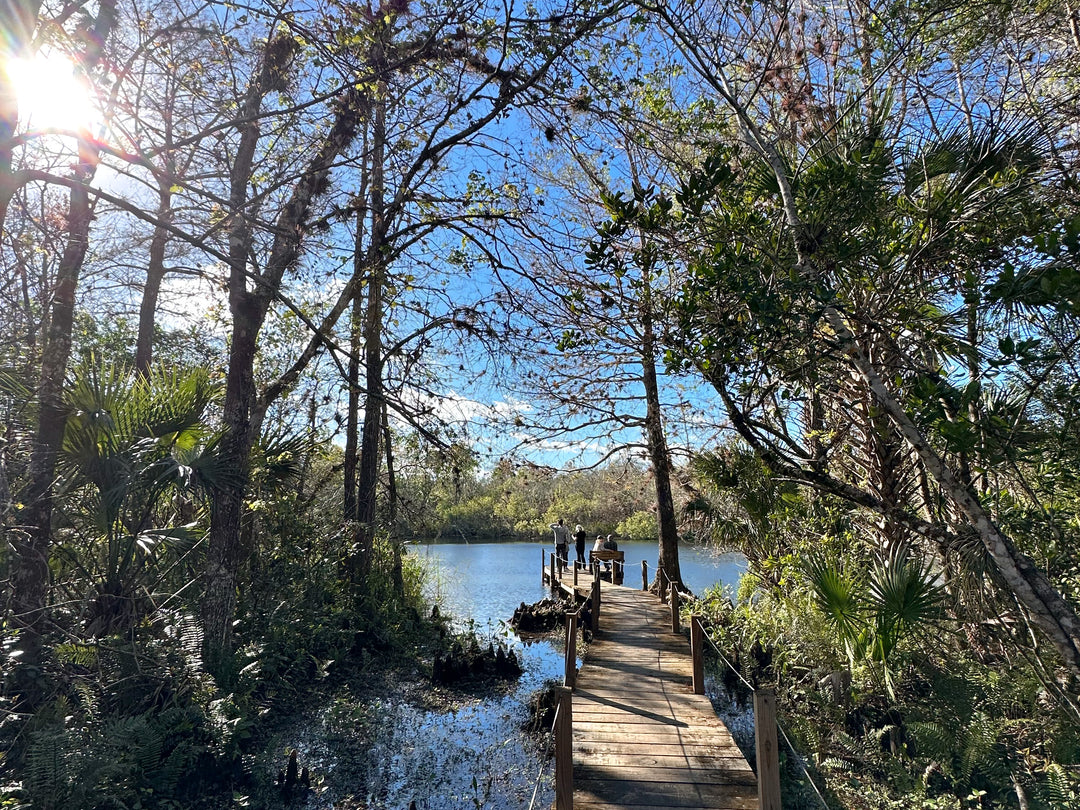
Tillandsia Safari: Fakahatchee Strand Preserve State Park, Florida

When we hear the words “Tillandsia” or “air plant”, we often think of exotic and tropical species of plants found in uninhabited rainforests or arid and rocky cliffs of Central and South America. However, here in Florida and other parts of the South and East Coast, we are no strangers to wild Tillandsia! With its diverse ecosystems, Florida is home to over a dozen native air plants, two of which are natural hybrids. Sadly, most of them are either threatened or endangered due to loss of habitat, illegal collecting, and the Mexican weevil larvae. Air plants are members of the bromeliad family and are epiphytes, anchoring and growing on hosts of other plants and surfaces. The plants absorb all their water and nutrients directly through their leaves as opposed to their roots. Many bromeliad species catch water and debris between their leaves which nourishes the plant and provides a habitat for small insects and larvae. Some of the bulbous variants of Tillandsia are known as myrmecophytes, meaning they provide shelter for ants in their bases or between their leaves. Today we are exploring species we’ve uncovered on our air plant safari in the Fakahatchee Strand Preserve State Park located on the western side of South Florida in the beginning of 2023!
 T. balbisiana
T. balbisiana

Found in various habitats consisting of pinelands, hammocks, and cypress swamps in the southern half of Florida, the threatened Balbisiana air plant,as seen in the image on the right which was taken at the Fakahatchee Strand Preserve State Park in 2023, has a bulbous base with narrow and twisting, leathery leaves. In older plants, the leaves interlock to form a round, ball-like shape. While in bloom, these plants have red bracts with violet flowers. The Balbisiana is a prime example of a myrmecophytic air plant!
T. fasciculata
The Fasciculata is an endangered species and one of our favorites! Native to the south and up to Central Florida, this plant has open and stiff grayish-green leaves and large bloom spikes. The plant grows longer leaves when in a shaded habitat and will be smaller but more colorful when living in locations with more direct sun. T. fasciculata is a parent plant of both of Florida’s hybrid species, the T. balbisiana x fasciculata and T. bartramii x fasciculata. Exceptionally large Fasciculata may resemble the T. utriculata, also known as the ‘giant’ air plant which can reach over 6 feet tall and live 20 years!
 T. pruinosa
T. pruinosa

Nicknamed the ‘fuzzy wuzzy’ air plant, the Pruinosa, as seen in the image on the right which was taken at the Fakahatchee Strand Preserve State Park in 2023, is a rare and endangered specimen that has pink and purple blushing colors. The pseudobulb base, curling leaves, and short bracts are covered with fuzzy trichomes giving the plant a truly unique appearance. The Pruinosa can be found in shady, humid hammocks, cypress swamps, and on dead trees.
T. simulata
Only located in parts of Central and South Florida, this non-threatened Tillandsia is the Sunshine State’s very own air plant! It can be frequently found in bright areas of humid hammocks and swamps. Its long, pointed leaves resemble those of a T. juncea and the plant produces a single tall flower spike with red bracts. The Simulata can appear as a single plant or in clusters anchored to various trees in moist regions.


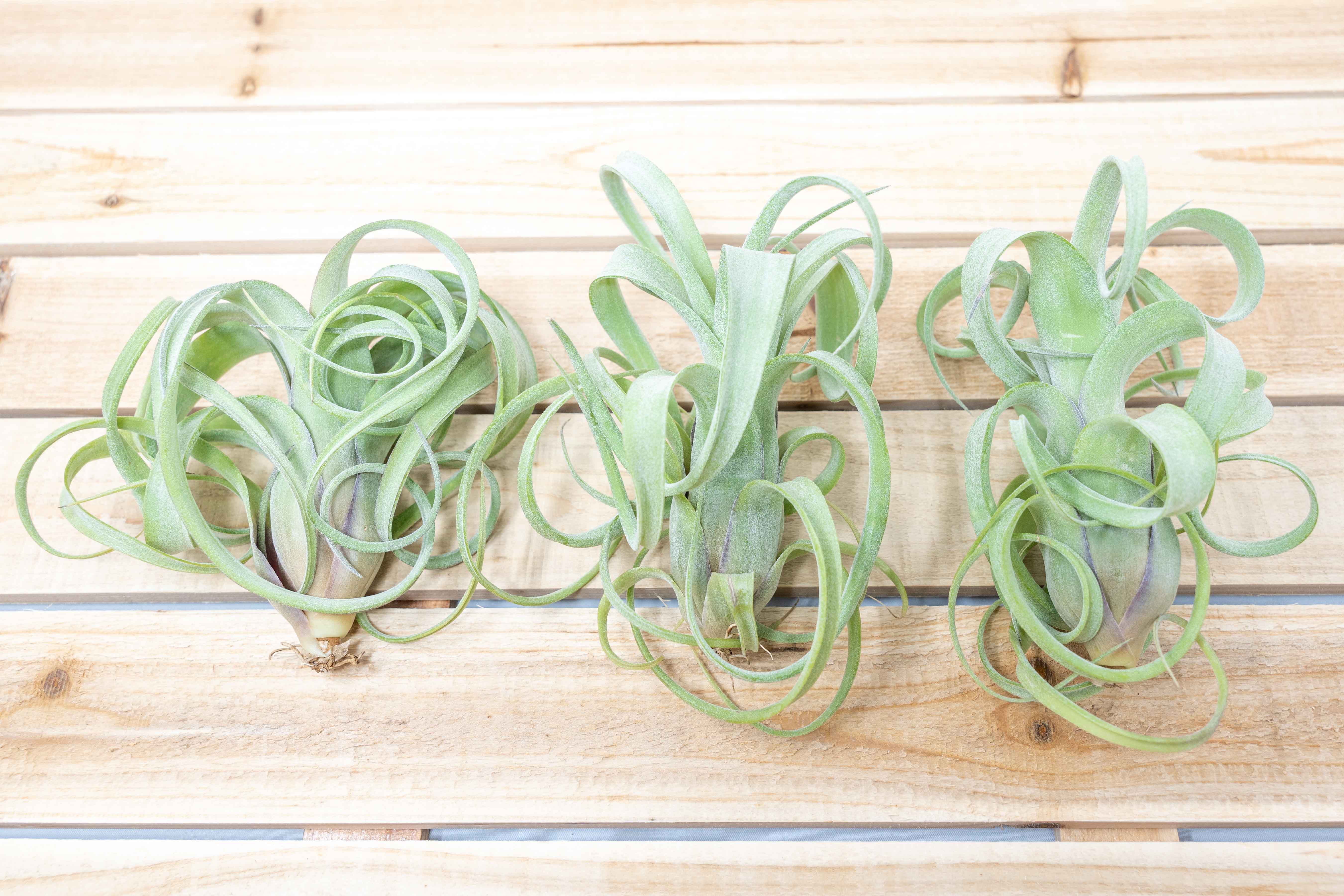
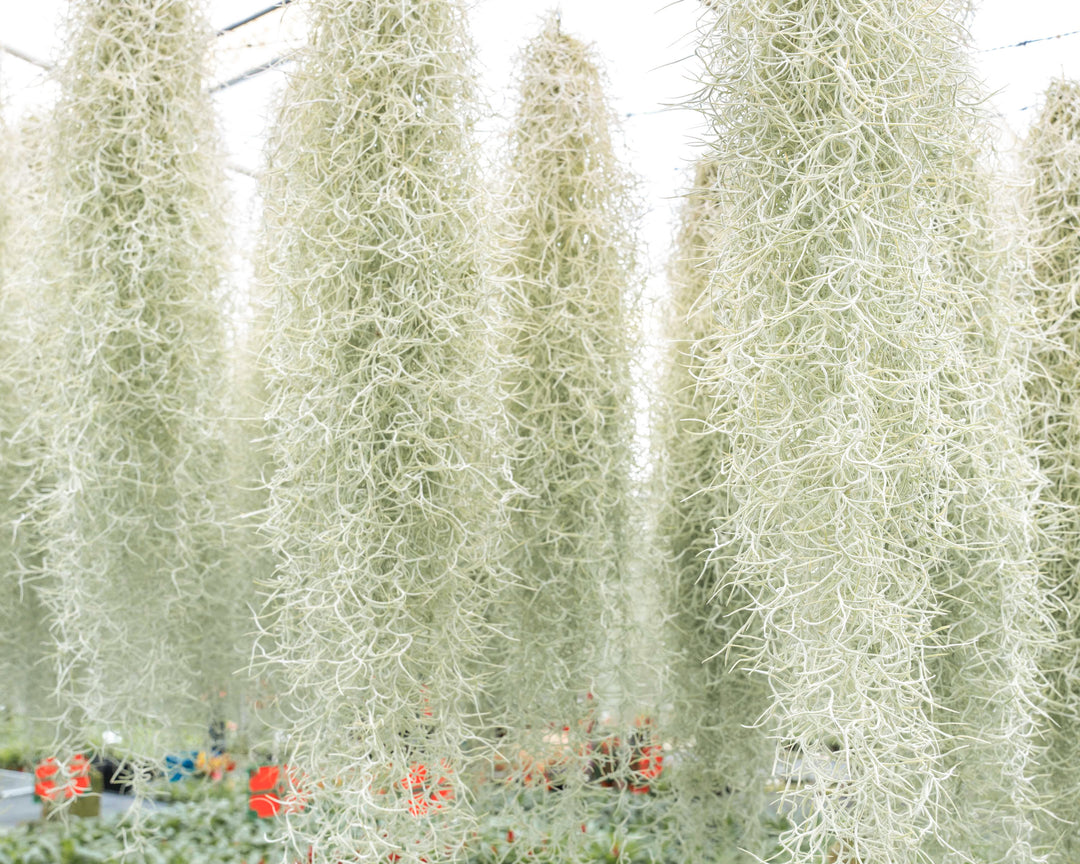
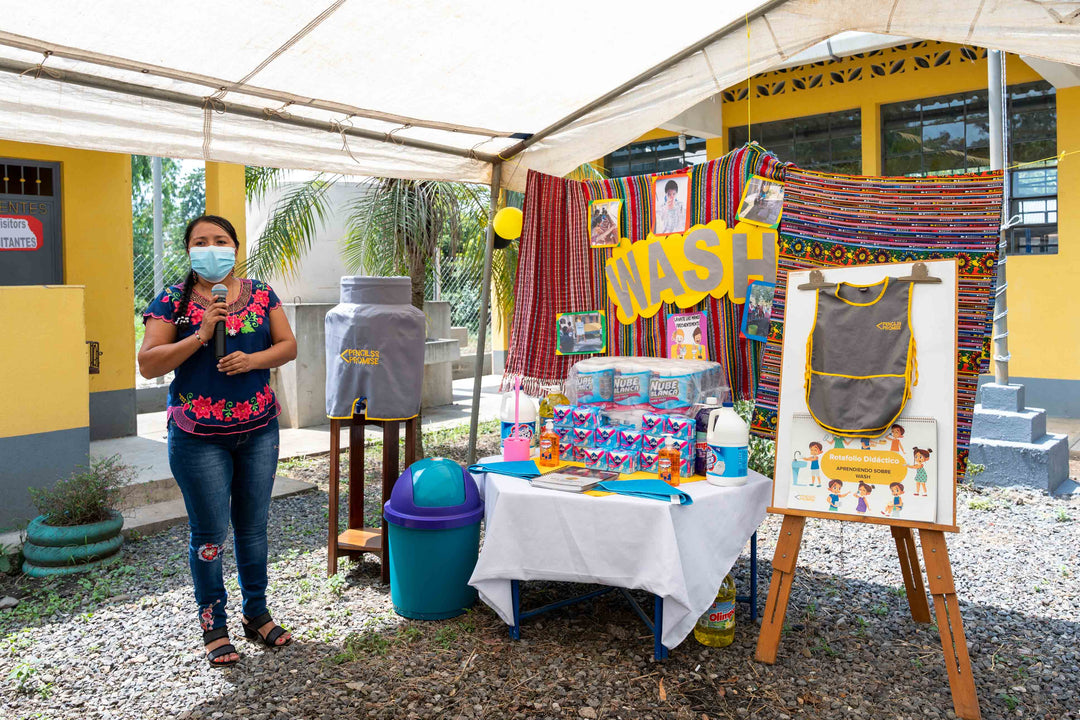
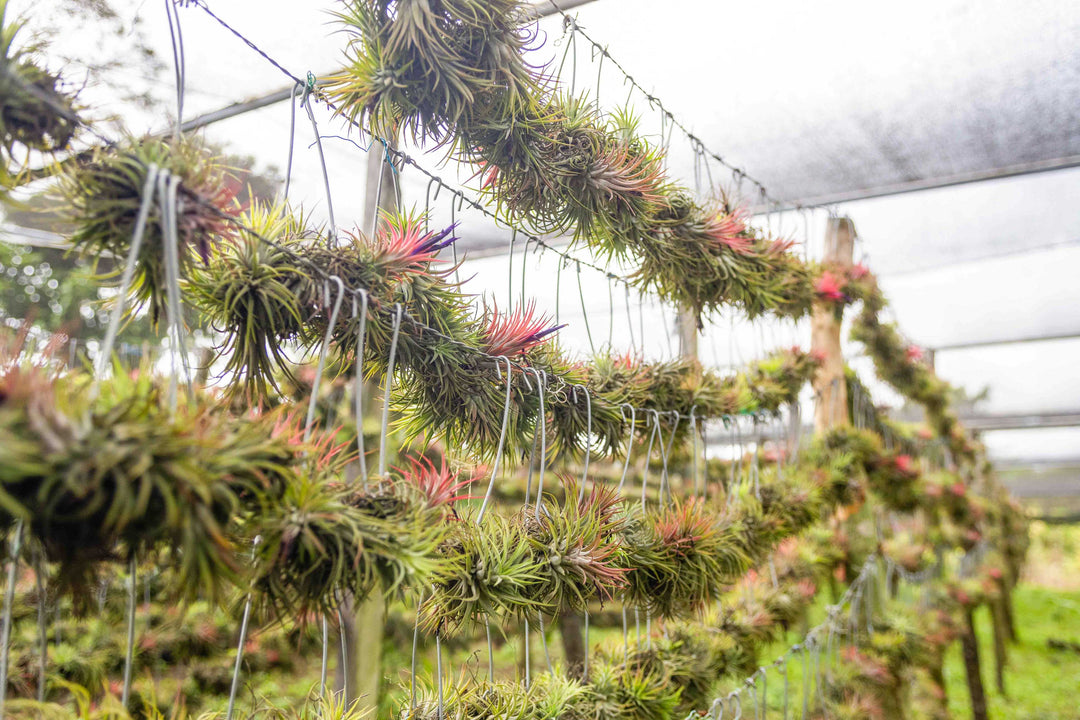
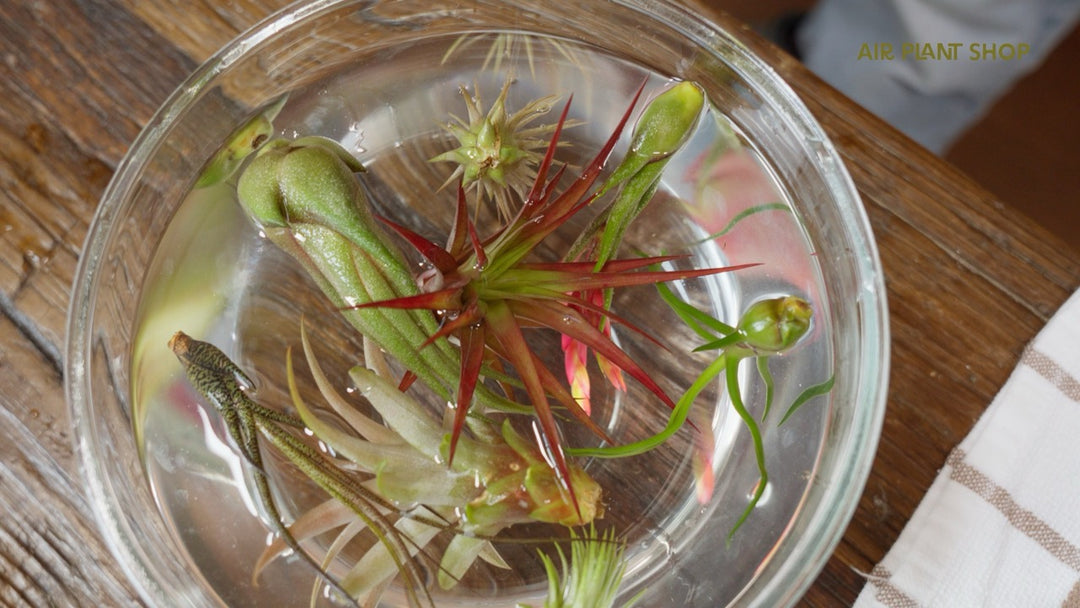

Leave a comment